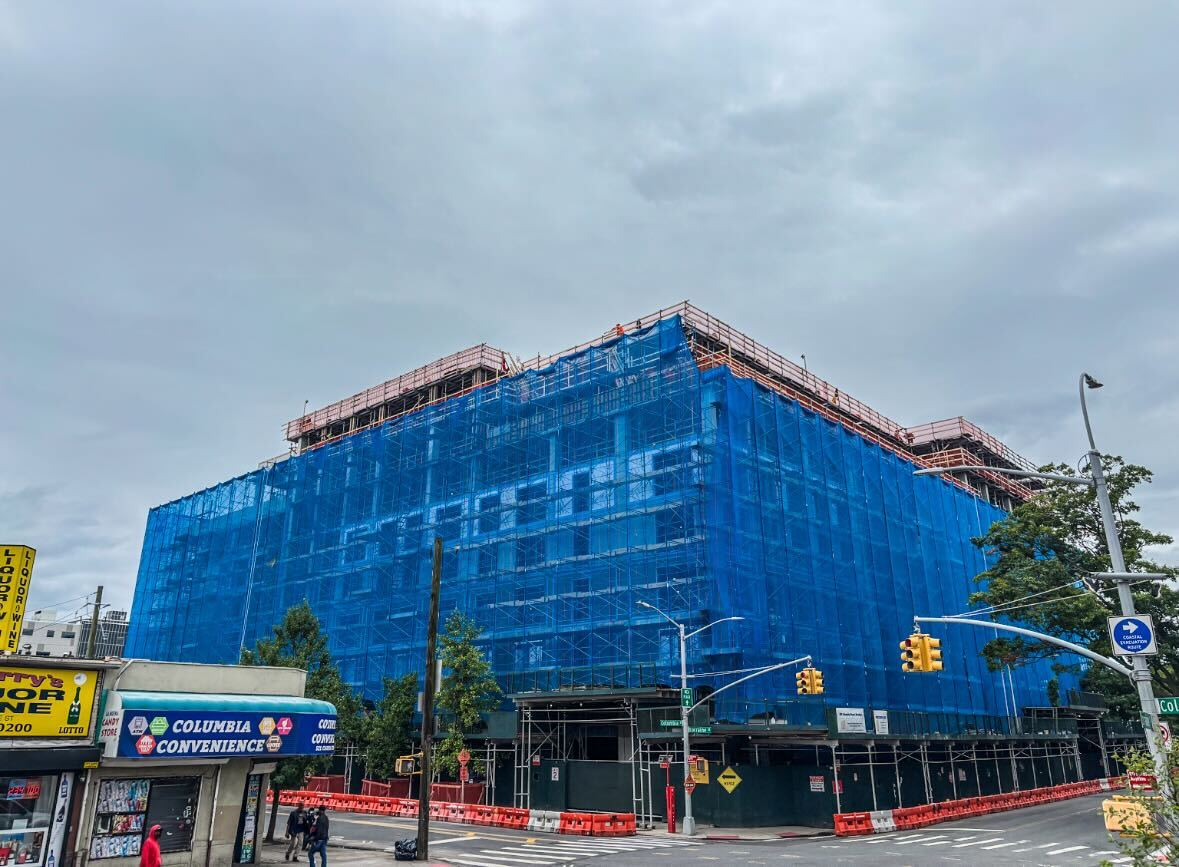Indictments Tie Adams Officials to Bribery as Brooklyn Developers Seek Faster Deals

Fresh corruption charges against senior New York City officials challenge faith in City Hall and reignite debate over real estate’s sway on urban governance.
“Get Stuff Done.” So goes the oft-repeated mantra of Eric Adams, New York City’s swaggering mayor, who has promised efficiency, pragmatism, and deal-making aplomb since he took office in January 2022. Yet the phrase has acquired unwanted irony after the latest salvo from Manhattan prosecutors: a set of indictments suggesting that, in this administration, stuff got done precisely because money quietly changed hands.
The legal drama embroils Ingrid Lewis-Martin, Mr Adams’s indispensable adviser and fixer, as well as Jesse Hamilton, a friend and former state senator placed high in the Department of Citywide Administrative Services. Both, according to four indictments unveiled by Manhattan District Attorney Alvin Bragg’s office, stand accused of accepting bribes—cash, home renovations, and free catering—in return for manipulating government decisions on behalf of real estate developers and business owners. Lewis-Martin’s son and assorted developers reportedly joined the charade. All profess innocence and intend to fight the charges.
The mayor himself remains formally unscathed, proclaiming, through City Hall emissaries, that “my focus remains on serving the 8.5 million New Yorkers by making our city safer and more affordable every day.” Nevertheless, these scandals cast long shadows on an administration whose governing philosophy seems to have blurred lines between expeditious service and improper favour-trading. Observers will recall that these are hardly the first allegations of pay-to-play tactics by senior Adams officials.
What is plain is how this saga damages not just individual reputations but the very machinery of municipal governance. Each improper handshake and surreptitious payout piles further on the heap of public cynicism towards City Hall. The charges paint a familiar tableau: honest businesses muscled out, bureaucratic process subverted, and city dwellers “victimised by corruption at the highest levels of government,” as Mr Bragg dryly noted. For workers who play by the rules, and for residents whose daily lives depend on city services, the invisible costs of dishonesty are anything but paltry.
The city’s real estate sector, gargantuan by any metric, sits awkwardly at the centre of this tale. Its pervasive influence is both a blessing and curse: developers invest in new housing and business districts but also wield financial muscle to sway land use decisions, zoning tweaks and ever-crucial contracts. The recent accusations amount to a prototype of the “classic bribery conspiracy”—in Professor Daniel Richman’s phrase—that generations of Gothamites have come to expect when real estate, red tape, and political ambition mix freely.
Zooming out, the Adams affair raises thorny questions about the city’s stultifying bureaucracy. Developers, after all, must thread a labyrinthine process of permits and approvals—demands that can seem designed more for delay than for diligence. Lewis-Martin’s attorney was quick to invoke the city’s “outdated and overwhelming bureaucracy” as both a culprit and a pretext. While this may serve as an apologetic fig leaf, it also underscores a durable political economy in which loophole-hunters and official fixers find each other all too readily.
For New York’s economy, the implications hardly bode well. The city remains a magnet for global investment and home to more than half a million small businesses, many of whom struggle already with pandemic aftershocks, regulation byzantinism and rising costs. If “getting stuff done” is seen chiefly as a matter of palm-greasing or political proximity, rather than the straightforward application of the rule of law, credible investors may think twice before risking their capital—and ordinary entrepreneurs may conclude that the field is rigged.
From backrooms to boardrooms: a national malaise
Corruption allegations in New York’s corridors of power are as old as the five boroughs themselves. Tammany Hall’s sepulchral ghost lingers still. Yet today’s headlines are part of a broader pattern: across America’s largest cities, from Chicago to Los Angeles, real estate remains the most persistent font of political scandal. In cities where the price of delay and the value of approval are both unusually high, temptation flourishes. Yet the frequency with which such schemes are uncovered suggests enforcement is at least functioning, albeit fitfully.
New York’s response, fuelled by relentless tabloid scrutiny, is often to pursue transparency by increments: campaign finance reform that proves tepid, a Commission on Citywide Administrative Services bracing for a fresh round of oversight, policy tweaks that rarely outlast the news cycle. Other world capitals face similar reckonings. London’s property market, too, is replete with whispers of quiet favours and regulatory speed-dials, though America’s zeal for indictment and spectacle is perhaps unique.
This is not to say that New Yorkers have become immune to ethical lapses; rather, many seem to take each revelation with a weary shrug. Yet there remains a stubborn resilience built into the city’s civic fabric. Public disgust, when combined with prosecutorial tenacity, occasionally produces real, measurable improvement—if only temporarily. The challenge, as ever, is institutionalising transparency and accountability without paralyzing the very ability to “get stuff done” the city so clearly needs.
What, then, is required? Some will argue for yet more aggressive policing of public officials; others will call for the radical simplification of city bureaucracy, thus removing incentives for corruption. A dose of both would not go amiss. But what matters most is a renewal of political culture that treasures rule of law—a culture in which access and efficiency need not trade places with integrity.
The Adams administration’s trumpeted results—reduced crime, fledgling housing initiatives, and streamlined city services—may be real enough. But if these achievements are tainted, will they endure? New York deserves a government that gets things done on merit, not by closing the door and passing the envelope. Until that becomes the baseline, the city’s familiar dance with scandal is unlikely to draw to a close. ■
Based on reporting from Gothamist; additional analysis and context by Borough Brief.